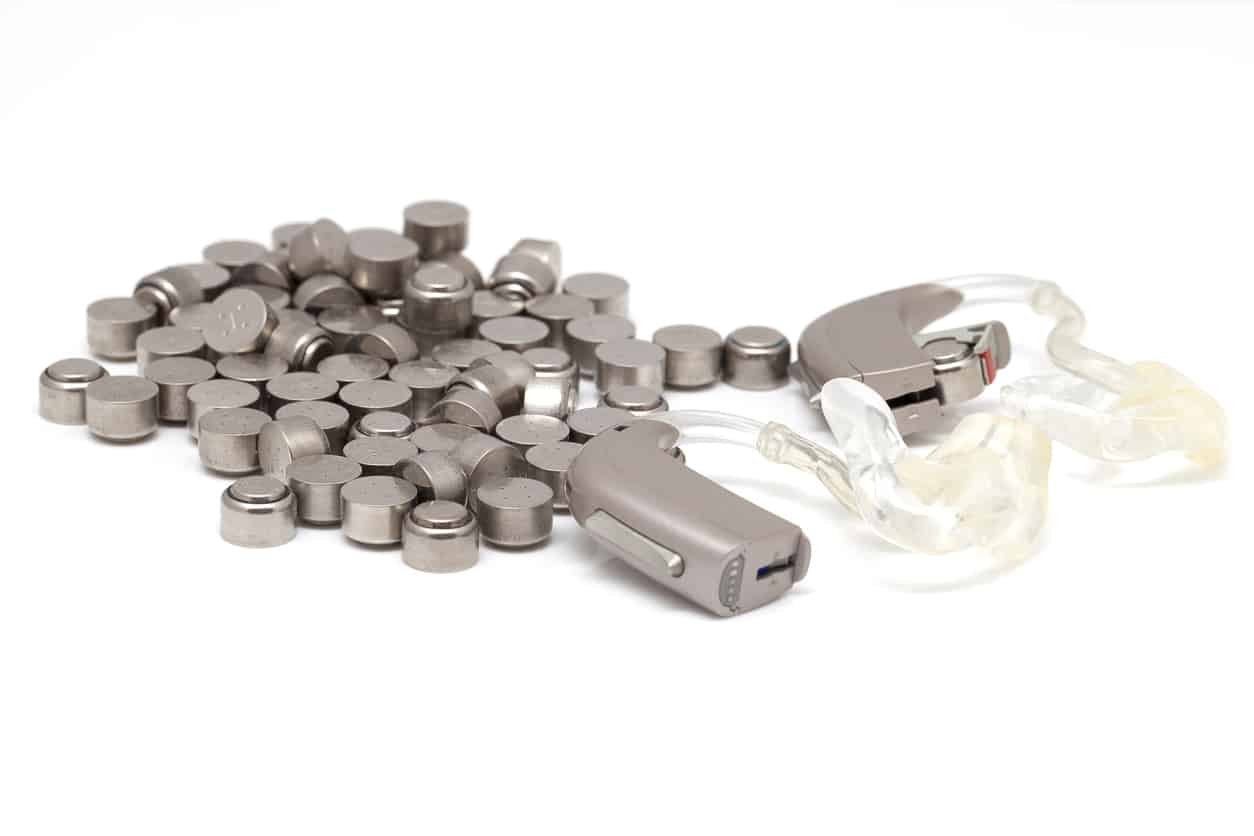Hearing aid batteries can provide you with days or weeks of good hearing. But knowing how to handle them is key to the safety of you, your pets and young visitors in your home. Below, we review what you should know about hearing aid battery safety.
Battery Ingredients

If your hearing aids take disposable button batteries, as most do, you should know that they contain heavy metals such as mercury, silver and lithium. If ingested or if they come in contact with any body fluids, it can create an electrical current that burns through tissue and damages internal organs. This is true whether the batteries have full power or they’re completely dead.
If Someone Ingests a Battery
Young children are most at risk of ingesting batteries since they are curious and explore by putting things in their mouths. But older adults with cognitive decline or poor vision may also be at risk, in part because the batteries can be the same shape and size as pills.
If someone ingests a battery, immediately take that person to the emergency room. If the person is older than one year old, give them two teaspoons of honey every 10 minutes until you reach the hospital. This can slow the development of an internal battery burn injury; however, it cannot stop it from occurring.
Signs someone has ingested a battery include wheezing, drooling, vomiting, chest discomfort, difficulty swallowing and gagging.
Caring for an Acid Burn
If a battery leaks and this leakage comes into contact with skin, you should:
- Remove any clothing or jewelry that has come into contact with the battery acid.
- Use a wet cloth to wipe the affected area.
- Run cool water over the affected area for 15 minutes.
- Wrap the affected area with clean gauze or a cotton towel.
- Call your doctor if the skin continues to discolor.
Storing & Disposing of Batteries Safely
Below are the do’s and don’ts of storing and disposing of batteries safely:
Do
- Purchase a container with a snap-tight lid to store your batteries in.
- Put this container on a high shelf or locked drawer.
- Store them at room temperature.
- Keep dead batteries in a container with a snap-tight lid until they can be disposed of properly.
- Take dead batteries to a recycling center.
Don’t
- Don’t store batteries near metal objects like coins and keys.
- Don’t store batteries anywhere near medications.
- Don’t leave them on the counter or throw them in the trash can.
For more information or to schedule an appointment, call Amarillo Hearing Clinic today.
